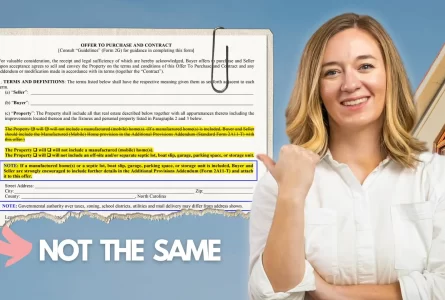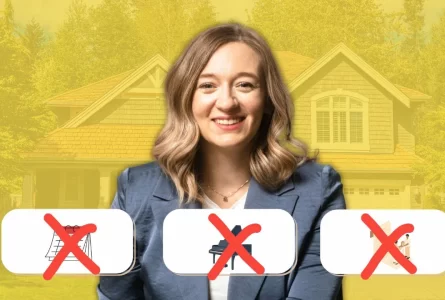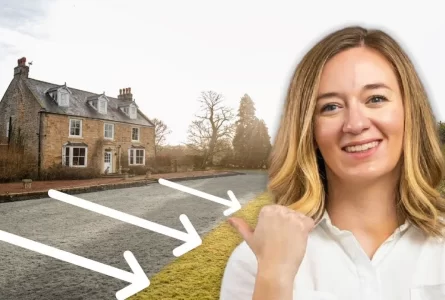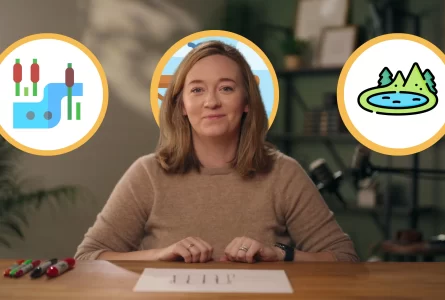Blog
Fresh, Concise Blogs To Increase Your Knowledge
Thomas & Webber Law at the Lake
The REAL Cost of Owning an $8M Mansion
Owning a lavish mansion on Lake Norman may be a…
Thomas & Webber Law at the Lake
4 Key Updates in the New 2023 Standard Offer to Purchase
In July 2023, North Carolina released an updated version of…
Thomas & Webber Law at the Lake
The 3 Hardest Days of Law School
Thinking of becoming a lawyer? Law school isn’t all fancy…
Thomas & Webber Law at the Lake
3 Annoying Things Real Estate Lawyers Do (And Why)
Lawyers often face negative stereotypes, from being seen as stuffy…
Thomas & Webber Law at the Lake
Three Valuable Things Realtors Do
The role of a skilled real estate agent should not…
Thomas & Webber Law at the Lake
Three Costly Mistakes that Rookie Agents Make
Entering the real estate industry as a rookie agent can…
Thomas & Webber Law at the Lake
Foreign Sellers: Doing Deals with Non-U.S. Taxpayers
Ever found yourself navigating the intricate process of purchasing property…
Thomas & Webber Law at the Lake
Understanding Property Setbacks in Real Estate
When it comes to real estate, owning a lot doesn’t…
Thomas & Webber Law at the Lake
A Beginner’s Guide to Buying a House: From Contract to Closing
Buying a house can be an exciting yet overwhelming experience,…
Thomas & Webber Law at the Lake
3 Things Everyone Should Know Before Buying Property on Lake Norman
Welcome, future homeowners of Lake Norman! If you’re itching to…












